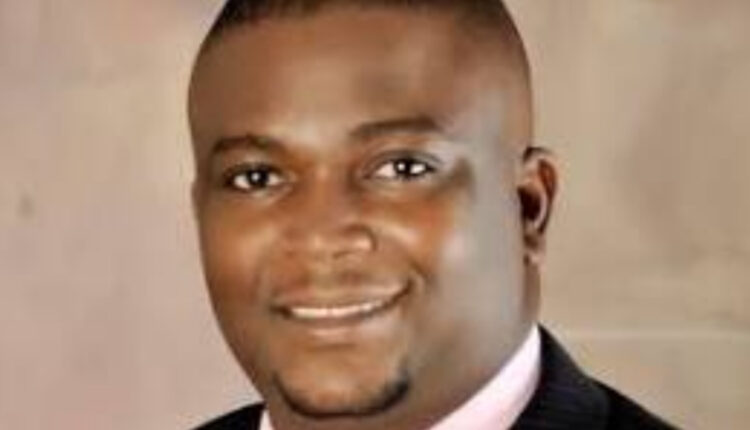Judiciary, Not INEC, Is Democracy’s Weakest Link – Ex-IPAC Chair Warns
Judiciary, Not INEC, Is Democracy’s Weakest Link – Ex-IPAC Chair Warns
For years, public debate in Nigeria has focused on the failings of the Independent National Electoral Commission (INEC). But former National Chairman of the Inter-Party Advisory Council (IPAC), High Chief Peter Ameh, believes Nigerians have been looking in the wrong direction.
In his view, it is not INEC but the judiciary that now poses the greatest danger to democracy.
“When elections are rigged or manipulated, the courts should be the place where justice is restored,” Ameh argued in Abuja on Sunday. “But today, instead of being the last hope of the common man, the judiciary has become the last refuge of those in power.”
Ameh said Nigerians underestimate how much damage judicial compromise does to democracy. Unlike INEC, whose actions play out in public on election day, court decisions are quieter but more devastating because they are final and binding.
He pointed to the refusal of the Supreme Court to hear a case filed by PDP governors seeking clarity on whether a President can suspend elected governors and lawmakers.
“For more than six months, the case has gathered dust,” he said. “The Court knows the President has no such power, but instead of ruling, they are waiting for the suspension to expire so the issue dies a natural death. That is not justice; that is avoidance.”
Ameh also highlighted the case of Labour Party senatorial aspirant, Osereme Omofoma Christian, describing the handling of the matter as “judicial recklessness.”
“I have seen a judge openly admit he had no pleasure in delivering judgment on a properly filed case. If a judge himself confesses reluctance, what hope do ordinary Nigerians have?”
According to Ameh, if Nigerians continue to rely on a compromised bench, elections will never truly reflect the will of the people.
“The only safeguard left is for citizens to defend election results announced at polling units,” he warned. “Otherwise, what begins as ballot-box fraud ends as judicial ratification.”
Ameh’s remarks echo recent concerns by former President Olusegun Obasanjo, who lamented corruption in the judiciary. But while many Nigerians are quick to blame INEC, Ameh insists the deeper crisis lies in the collapse of judicial integrity, which in turn encourages electoral malpractice.
“We pretend the judiciary is still sacred, but it has lost its moral authority,” he said. “Unless we confront this rot, democracy itself will continue to bleed.”

